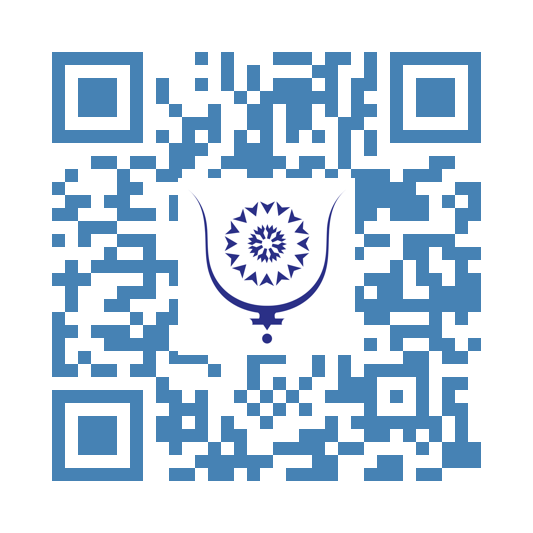Jacob Zuma’s Visit to Morocco Sparks Diplomatic Shake-up Over Moroccan Sahara Conflict
189
The visit of Jacob Zuma to the Kingdom of Morocco triggered a desperate diplomatic response from the Polisario Front in South Africa, marking a significant political upheaval around the Moroccan Sahara conflict. Since then, the Polisario and its patron have shown nervousness reflecting a loss of influence even in African regions previously aligned with separatist positions.
But who is this man whose words have caused such turmoil and dismay?
Jacob Zuma is a South African statesman. He is a former anti-apartheid fighter imprisoned for ten years on the notorious Robben Island. Supported by the African National Congress (ANC), he rose through political ranks to become Vice-President of South Africa from 1999 to 2005, then President from 2009 to 2018, succeeding Thabo Mbeki. Zuma also served as ANC president from 2007 to 2017. Despite legal troubles and leaving the presidency, he maintains serious political weight, notably through the uMkhonto we Sizwe (MK) party he now leads, which became the third-largest political force in South Africa after the May 2024 elections.
Therefore, Zuma is not just any South African speaking on such an important issue for the continent and world.
On July 15, 2025, in Rabat, on behalf of himself and the MK party, Zuma took an unambiguous stance supporting Morocco, breaking with Pretoria's relatively recent official line. He called Morocco's autonomy proposal a "pragmatic and balanced solution," guaranteeing Moroccan sovereignty over its southern provinces while offering substantial local governance to the populations.
This position, officially supported by MK, represents a dramatic turnaround in South Africa and the region. Until now, South Africa backed the puppet Sahrawi Arab Democratic Republic (SADR) and the Polisario Front, framed as pan-African solidarity against colonization, consistent with Algeria's ideological stance. The argument for separatism artificially tied to Morocco's southern provinces ignores that Spanish colonization in this integral part of the Cherifian Empire lasted about 91 years (1884–1975), when Spain declared a protectorate over the Western Sahara region and governed it until its 1975 withdrawal under the Madrid Agreement with Morocco.
Since Nelson Mandela's death, South Africa had quickly sided with Algeria's vision of an independent state between Mauritania and Morocco, overlooking Morocco's historic support for South Africa's anti-apartheid struggle.
In reaction to Zuma's recent statements in Rabat, where he explicitly supported Morocco's autonomy plan for Western Sahara, the Polisario swiftly sent its Foreign Minister Mohamed Yeslem Beissat to Pretoria. This move comes amid tense diplomacy and a major shift in South African policy on the formerly Spanish Sahara. Until then, all political forces in the country were aligned with the government’s position.
Panicked, the Polisario dispatched a delegation led by Beissat, who knows the field well after years representing the entity, officially invited by the ANC under Cyril Ramaphosa to attend a "liberation movements summit" in Pretoria from July 25 to 28. This summit, themed "Defending liberation gains, promoting integrated socio-economic development, and strengthening solidarity for a better Africa," also gathers other supporters of similar causes like Palestinian Jebril Rajoub, allied with Algeria and Polisario. The event, organized by the South African embassy in Algiers, aims solely to back separatist positions and offer support.
The ANC quickly condemned Zuma's support for Western Sahara's Moroccan sovereignty on principle, accusing him of betrayal and dissidence after his split from the party. However, not all ANC factions still adhere strictly to Ramaphosa's official line. Many ANC leaders now recognize that siding with Algeria’s unproductive position has been a significant loss for their country. The influence of Zuma, a powerful political figure, has forced the Polisario and its patron to coordinate their response amid the new diplomatic dynamics intensified by his backing of Morocco.
This diplomatic earthquake happens as several African states have progressively withdrawn recognition of the SADR in favor of the Moroccan plan, potentially further isolating the Polisario and Algeria continentally. During his visit, Zuma reminded the historical role Morocco played in the anti-apartheid struggle, seemingly lamenting his country's unexpected post-Mandela shift. He advocated for a strategic alliance based on respecting African states' territorial integrity, moving away from separatist support—a pragmatic stance shared by many South African officials. A rapprochement between Morocco and South Africa, the only African countries with truly industrial and diversified economies, could benefit both powers and the continent as a whole. The era of imported ideologies serving as democratic facades for military dictatorships is over and no longer effective.
Thus, the Polisario minister’s visit to Pretoria appears a desperate attempt to limit the impact of a shift that could deeply transform political balances in Southern Africa and accelerate Morocco’s strengthening continental and international position
Share:
Jacob Zuma’s Visit to Morocco Sparks Diplomatic Shake-up Over Moroccan Sahara Conflict
copy:
https://bluwr.com/p/290180994



